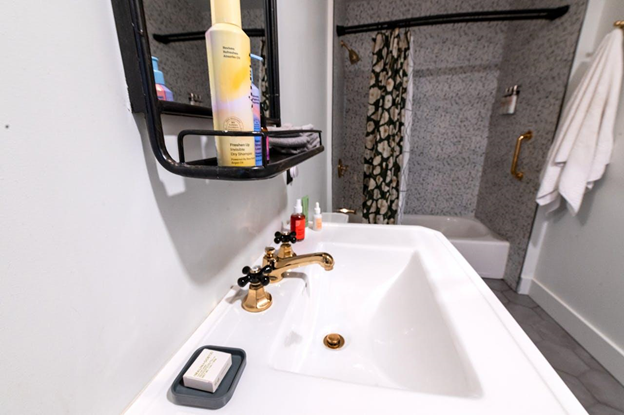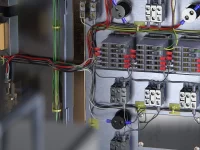5 Essential Tips for Handling Sudden Plumbing Issues

No one likes dealing with sudden plumbing issues. They always seem to happen at the worst possible times, like when you’re hosting a dinner party or just about to leave for vacation. But what if you could be prepared to tackle these problems head-on?
Here are five essential tips for handling unexpected plumbing issues, so you can resolve them quickly and get back to enjoying your day.
Shut Off Your Home’s Water Supply
The first thing you should do when facing a plumbing issue is to shut off the water supply. This is crucial for preventing further damage and making repairs easier.
To locate the main water valve, check your basement, crawl space, or the area near your water meter. Turn the valve clockwise to stop the flow of water. If your issue is localized, like a leaky faucet or toilet, you can use the shut-off valves located under sinks or behind toilets.
These smaller valves allow you to stop water flow to specific fixtures without cutting off the entire home’s supply.
Common Household Plumbing Problems
Familiarizing yourself with common household plumbing problems can help you identify issues early and take appropriate action. Leaky faucets are one of the most common problems homeowners face.
They are usually caused by worn-out washers or gaskets and can often be fixed with simple replacements. Clogged drains are another frequent issue. Hair, soap scum, and food particles can accumulate over time, leading to slow or blocked drains.
Regular cleaning and the occasional use of a plumber’s snake can keep your drains flowing smoothly.
What to Do With Sewer Blockage
Dealing with a sewer blockage can be particularly challenging, but it’s important to address it promptly to avoid severe damage. First, stop using all water in your home to prevent further backup. Look for the sewer cleanout line, usually found in your yard or basement.
Remove the cap and use a plumber’s snake to try and clear the blockage. If you’re unable to resolve the issue yourself, it’s best to call a professional plumber. Sewer blockages can be complex and may require specialized equipment to fix.
Perform Basic Plumbing Repairs
Sometimes, knowing how to perform basic plumbing repairs can save you from a costly service call. For a leaky faucet, start by turning off the water supply. Then, disassemble the faucet to access the worn-out washer or O-ring.
Replace the faulty part and reassemble the faucet. Turn the water supply back on and test for leaks. To clear a clogged drain, use a plunger to try and dislodge the blockage. If that doesn’t work, a plumber’s snake can help remove more stubborn obstructions.
Insert the snake into the drain and twist it to break up and remove the clog. For a running toilet, inspect the flapper valve in the tank. If it’s not sealing properly, replace it with a new one.
When to Call a Professional Plumber
While many plumbing issues can be handled with a bit of DIY know-how, there are times when calling emergency plumbing services is the best course of action. If you’re dealing with a major leak, such as a burst pipe, immediate professional help is necessary to minimize water damage and ensure a proper repair.
Persistent clogs that don’t respond to basic fixes may indicate a more serious underlying issue, requiring a plumber’s expertise. Complicated installations, like replacing a water heater or re-piping your home, should always be left to professionals to ensure the job is done safely and correctly.







